Feeding Peanuts For Wild Birds
Peanuts are a favourite food amongst wild birds, they are a rich source of protein, oil and other nutrition for most of the wild birds in the UK. As a rule, peanuts should only be put out if they're fresh and of high quality, ideally sold by a reputable feed supplier. This is particularly important as peanuts can be high in a natural toxin called aflatoxin, which can kill birds. Aflatoxin is a poison, produced by a fungus, which commonly affects peanut crops and is particularly harmful to small wild birds.
The main benefit of Wild Bird Peanuts is that, they are suitable for a huge range of birds. Not only are peanuts suitable, but they are also loved by birds. As soon as your feeder is hung, it won’t take long to be treated with some visitors. This could be anything from rarer species like nuthatches, greater spotted woodpeckers and long-tailed tits, as well as the usual favourites like blue tits and great tits as well. Good quality Wild Bird Peanuts are sweet, plump and soft - they are also large meaning that they sit comfortably in feeders and allow birds to peck easily as they come and go.
 Peanuts are healthy food for birds to eat as they contain a huge range of all the nutritional requirements that animals need to survive including:
Peanuts are healthy food for birds to eat as they contain a huge range of all the nutritional requirements that animals need to survive including:
- Potassium
- Iron
- Vitamin A
- Vitamin E
- Phosphorus
- 45% Fat
- 24% Protein
Ideally, offer peanuts in a specialised peanut feeder so that the nuts cannot be taken wholly in one go. By using good quality mesh feeders it will prevent chicks being fed whole nuts - which might cause them to choke. Alternatively, crush them and leave the fragments on a bird table in a grain/granule form.
Peanut Grains are also full of essential nutrients for keeping wild birds healthy. Sometimes people call them granules but they are the same thing! These grains are suitable for feeding to all garden birds and are safe to feed during the breeding season as the grains are big enough so that chicks wont choke. A little-known fact - We use peanut grains in a fair few of our mixes to bring a larger variety of birds to your feeders, so if you like creating your own mixes then this is a great product!

It is also worth noting that peanuts can go mouldy in hot, damp weather so they need to be checked often. Signs of black mould or darkening colour indicate the peanuts are no longer edible. The best idea is to offer only as many peanuts that can be eaten in a few days. Supplement peanuts with seeds that the local birds prefer to offer a well-rounded diet. You should never feed salted nuts of any kind to wild birds as long-term ingestion of salt will kill them.

People have fed birds for many years simply for their own pleasure, but there is more to it than that. The massive loss of habitat in the countryside has meant that birds have retreated back to where there is still food - surviving hedgerows, nature reserves and privately-owned wildlife-friendly areas – of which gardens form the major part.
The best wildlife gardens are those that provide a wide range of natural foods, shelter and water. But even these struggle to support the numbers of birds attracted to gardens in colder periods. By supplementing their diets with extra food, you are helping to maintain a high proportion of wild birds in your garden, especially through the cold winter month.
Alternatively, if you don't fancy providing whole peanuts for birds. We have some delicious flavours of peanut butter for birds available too!
Don't forget that throughout March 2020 you can try feeding peanuts for much less! Spend £20 on your order and trigger the offer below in your basket.

 This article was written by Hilary Wiles. If you have any questions or queries about the article, or any questions in general about feeding the wild birds, you can email contact Hilary by email on info@brinvale.com.
This article was written by Hilary Wiles. If you have any questions or queries about the article, or any questions in general about feeding the wild birds, you can email contact Hilary by email on info@brinvale.com.
To take a look at all of our blogs from us here at brinvale please click here and enjoy








